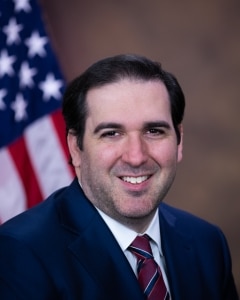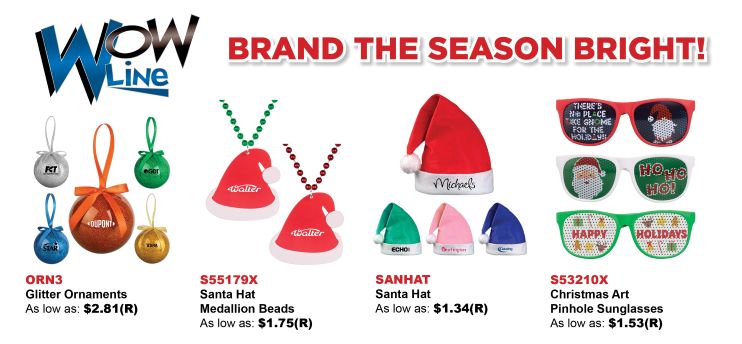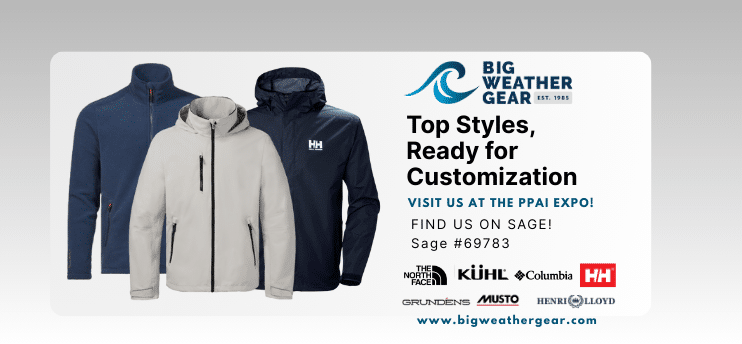A California-based medical uniform supplier has come under fire for allegedly violating the False Claims Act by underpaying customs duties owed on imported apparel.
The United States filed a complaint last month against Barco Uniforms, as well as Kenny Chan, David Chan and companies they own and operate that supply Barco with apparel manufactured overseas.
The lawsuit was originally filed under the qui tam or whistleblower provisions of the False Claims Act by Toni Lee, the former director of product commercialization at Barco Uniforms.
- The act permits private parties to file suit on behalf of the U.S. for false claims and to share in any recovery.
- The act also permits the U.S. to intervene and take over responsibility for such an action, as it has done in this case.
The complaint alleges that the defendants conspired to “knowingly and improperly” avoid or reduce the payment of customs duties by undervaluing imported garments Barco purchased from foreign suppliers.
RELATED: Beware Of ‘Delivery Duty Paid’ Solicitations Amid Tariffs
The defendants used a double-invoicing scheme featuring false entry summaries presented to U.S. Customs and Border Protection that undervalued imported goods purchased by Barco, thereby reducing the duties paid on the merchandise, according to the complaint.
The federal government further contends that the defendants continued to underpay customs duties even after a third-party auditor advised Barco of risks associated with the underpayment of duties and recommended that Barco “double-check” duty calculations of underlying prices that Barco agreed to with its foreign suppliers.

Yaakov M. Roth
Acting Assistant Attorney General of the Justice Department’s Civil Division
“Those who import and sell foreign-made goods in the United States must comply with all trade laws,” says Acting Assistant Attorney General Yaakov M. Roth of the Justice Department’s Civil Division. “The Justice Department will hold accountable parties who evade or underpay duties owed on imported merchandise.”
De Minimis Effect
Underpaying customs duties on imported products has been an issue even before this year’s tariff turmoil.
In April, President Donald Trump signed an executive order eliminating the de minimis loophole that allowed packages worth less than $800 from China to enter the U.S. without having to pay a tariff or duty.
- Those imports had briefly been placed under tariffs at 120% of their value but have now had those tariffs lowered to 54%, providing possible relief to certain e-commerce and smaller companies who had been relying on the loophole.
- Such packages will also now have a $100 flat fee, instead of the $200 flat fee that was set to go into effect in June.
Several suppliers in the promotional products industry, particularly those offering on-demand or direct-to-consumer fulfillment, relied upon the de minimis exemption for small-batch imports directly from overseas to deliver to U.S. end users.

Jonathan Isaacson
Executive Chair, Gemline
At the same time, several PPAI 100 firms reported pricing disadvantages as high as 40% due to competitors exploiting the loophole.
“I didn’t like this de minimis thing at all,” said PPAI Hall of Famer Jonathan Isaacson, executive chair of Gemline, the No. 11 PPAI 100 supplier, during PPAI’s tariff and trade webinar earlier this month. “This loophole wasn’t meant to run orders through. At its core, it’s a tax avoidance scheme. The suppliers, who were paying whatever the prevailing duties were at the time, actually end up at a disadvantage.”
For questions or suggestions on regulatory or government affairs issues, please contact Rachel Zoch at RachelZ@ppai.org.


